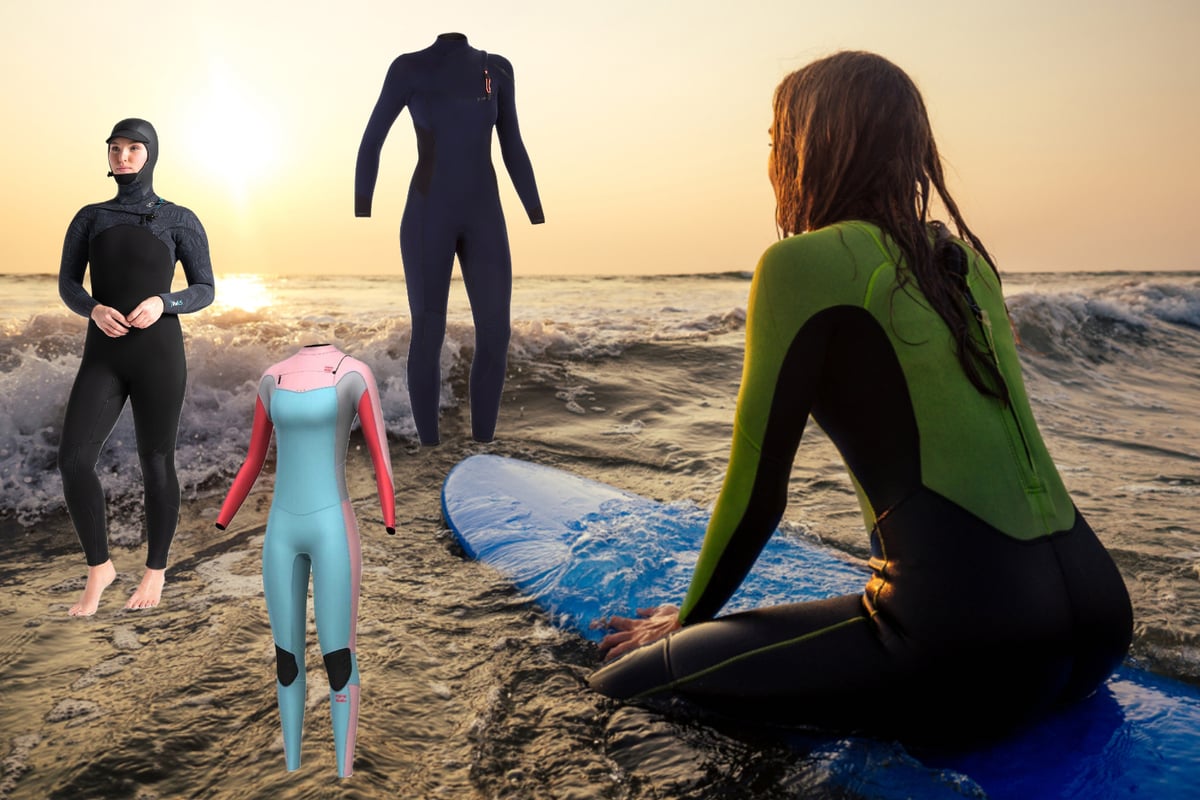Fashion
Things you need to know about womens steamer wetsuits

Womens steamer wetsuits
Wetsuits are an incredible innovation that have become an essential piece of equipment for surfers, divers, and anybody else who needs to stay warm in chilly water. Wetsuit design has gone a very far way since it was first introduced in the 1950s. A wetsuit is essentially a second skin that retains a warm layer of water adjacent to your body and keeps you warmer. Because there is such a wide variety of sizes, designs, and technologies available, selecting a womens steamer wetsuit that is ideal for you may be challenging. Because of this, we have compiled this article to assist you in making your selection.
Types of womens steamer wetsuits?
There is a wide variety of shape and sizes available for womens steamer wetsuits, ranging from thick and elastic reef shorts designed for the tropics to ultra-warm complete suits designed for colder waters. The first thing you need to do when choosing a wetsuit for surfing or swimming is to choose the appropriate sort of wetsuit for the temperature of the water in which you will be participating. No matter which style you go with, a general rule of thumb to follow is that a full suit is best suited for water that is chilly to cold, while a spring or summer suit is best suited for water that is warmer, as it strikes the right balance between warmth and flexibility of movement. In this part of the article, we’ll look at the four primary classifications of women’s wetsuits.
Full Suit
This traditional womens steamer wetsuit, also known as a steamer, comes in every thickness ranging from 2mm up and covers the whole body from the wrists and ankles up. This is the first type you should acquire unless you reside somewhere tropical.
Shorty or Spring Suit
Short legs, long or short sleeves, and a covered chest are all features of the spring suit/shorty design. These womens steamer wetsuits are comprised of thinner neoprene (1-2mm) for optimal comfort and ease of mobility in warmer water.
Short Janes
Long John, the female equivalent of Long Janes/Farmer Janes, has full-length legs and a sleeveless top, offering the user entire freedom of movement while providing enough warmth for submerged legs. Like Spring suits, the Long Jane type womens steamer wetsuit is constructed of thinner neoprene and is intended for warmer water (1.5-2mm).
Neoprene tops, short jane’s, and surf leggings
The Short Jane’s sleeveless arms and short leg design provide you with a complete range of motion in the water. These womens steamer wetsuits are produced with 1-2mm neoprene and are ideal for prolonged surf sessions in warm water. Bikinis may be worn with neoprene shirts and surf leggings for additional warmth, coverage, and UPF sun protection in warm water.
Steamer one-piece wetsuits
A wonderful source of UPF protection and one of the newest trends in steaming. The thin, elastic, high-performance swim materials used to make this womens steamer wetsuit and bodysuit rash guards provide you greater covering in warm water.
Thickness of womens steamer wetsuit
Many women’s steamer wetsuits combine thicker and thinner panels for warmth and flexibility. Warmer wetsuits are thicker. In mild summer temperatures, 1-3mm will do. Consider wind chill, your cold sensitivity, and if you’re wearing boots or a hood. Stretch and warmth are important for aquatic pleasure.
Right material for womens steamer wetsuit?
Women’s steamer wetsuits are also created of natural limestone-derived neoprene, together with recycled fragments of rubber tyres and discarded neoprene. This is designed to limit the amount of petroleum-based synthetic goods that are used. Lycra is the most commonly used material that is most often used to make and rash vests.
Sebastian was born and raised in the busy city of Abbottabad. As a journalist, Saad Mushtaq has contributed to many online publications including the PAK Today and the Huffing Post. In regards to academics, Saad Mushtaq earned a degree in business from the Abbottabad UST, Havelian. Saad Mushtaq follows the money and covers all aspects of emerging tech here at The Hear Up.Thanks










